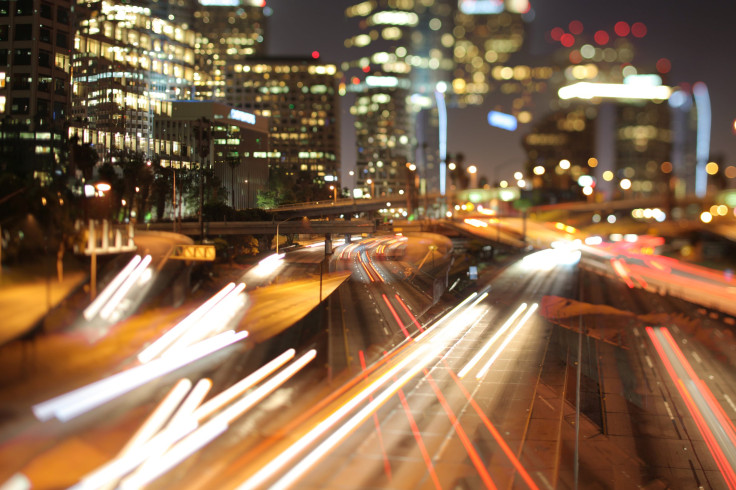Too Much Light? Cancer Among The Adverse Effects Caused By Light Pollution

It’s hard to imagine life without street lights. Nearly 30 percent of Americans and half of Europeans live in areas so densely lit up that they can no longer see our own galaxy, the Milky Way. Artificial lights have made our lives easier, safer, and more convenient but researchers are beginning to realize that they have also had adverse effects on our health.
What Is Light Pollution?
Light pollution is defined as excessive, misdirected, or obstructive artificial light. Too much pollution is known to not only wash out the stars in the night sky, but to also interfere with astronomical research, disrupt ecosystems, waste energy, and cause hormone imbalances in humans. Some have even linked these light-induced hormone imbalances with certain cancers like breast cancer, which require the spread of hormones.
Why Is It Bad?
Light pollution interferes with something called the circadian rhythm, also referred to as our “body clock.” Our internal clock is regulated by environmental cues, such as light, and regulates many physiological processes. When our body senses less light, which normally occurs in the evening, it releases a hormone called melatonin. Melatonin then makes us drowsy and ready for bed. Disruptions of the circadian rhythm can also lead to increased risks for cardiovascular events, obesity, and depression.
Cancer Link
The Week reports that prolonged exposure to artificial light at night increases the risk for certain types of cancer. This link is so strong that the International Agency for Cancer Research classified night work as a probable human carcinogen. This came after numerous studies found night-workers to have a higher risk of developing breast cancer than women who worked during the day. A study from the early 1990s hypothesized that the most important etiologic factor in the rapid growth rate of cancer is the change of light exposure that has occurred in the past 100 years. The authors said, “Increased light exposure acting through the pineal gland reduces melatonin production, thereby diminishing the non-specific oncostatic effects of the pineal gland.” A Russian study from 2006 backed up this theory when they found that “an inhibition of the pineal gland function with exposure to the constant light (LL) regimen promoted carcinogenesis whereas the light deprivation inhibits the carcinogenesis.”
How To Fix This
The American Medical Association has now called for a national effort on light pollution stating that “many species (including humans) need darkness to survive and thrive,” after they released a report explaining the adverse health effects of nighttime lighting.
Luckily light pollution is easily fixable. The International Dark Sky Association is working to help cities cut down on their light pollution. Even Paris, the city of lights, has passed regulations that now require storefronts and office buildings to turn off their lights between the hours of 1 a.m. and 7 a.m., according to the Sci Show. Not only does this help improve the health of the community but it also saves energy, money, and helps the local ecosystem. All while allowing us to once again gaze up into the vast night sky.



























